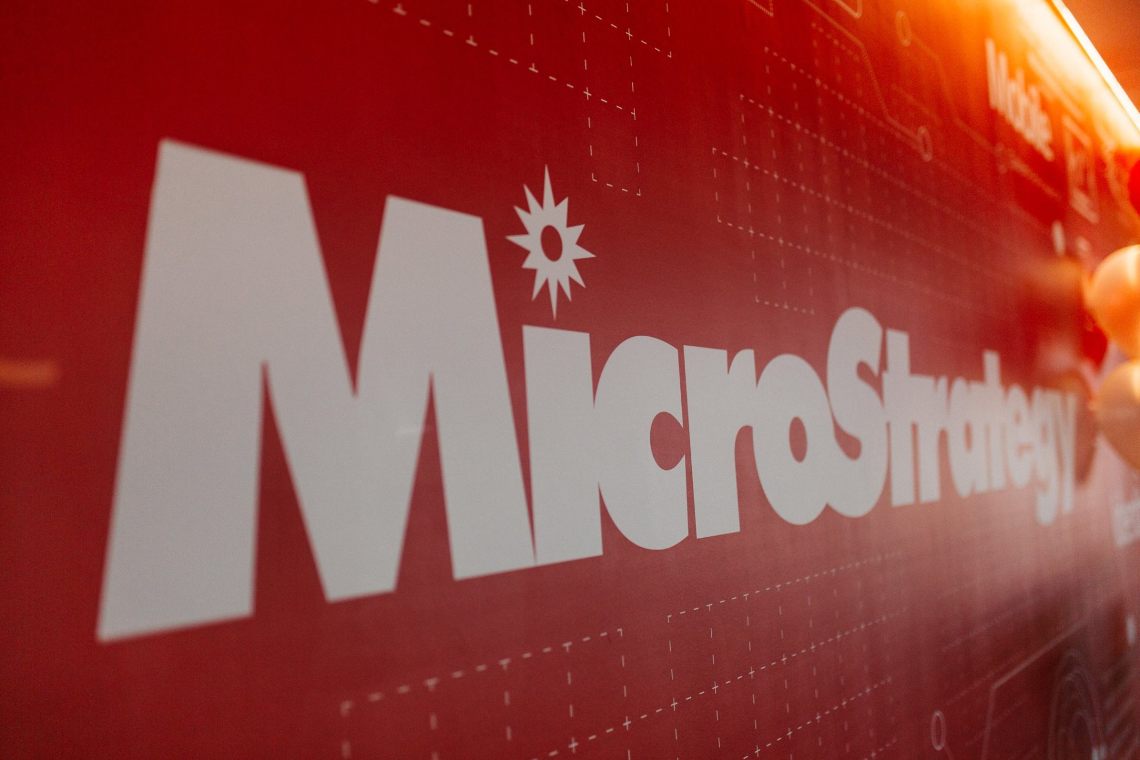Can MicroStrategy’s Bitcoin Success Push Others to Follow Suit?
29.11.2024 15:00 2 min. read Alexander Zdravkov
MicroStrategy has become a trailblazer in corporate Bitcoin adoption, amassing an impressive $37 billion in BTC holdings.
This bold move has significantly boosted its stock price and market cap, while also positioning executive chairman Michael Saylor as a vocal advocate for Bitcoin as a superior corporate reserve asset. Saylor contends that Bitcoin consistently outperforms traditional investments like the S&P index and sees it as a viable treasury option for companies seeking to optimize excess cash reserves. His efforts have also sparked discussions among industry leaders about Bitcoin’s role in modern corporate finance.
This strategy has caught the attention of firms across various industries. Smaller companies, such as Rumble and Metaplanet, have started to allocate Bitcoin as part of their treasury strategies, reflecting growing interest in diversifying assets. However, mega-cap corporations like Microsoft appear less likely to adopt Bitcoin in the near term due to their focus on core business investments.
Although Microsoft plans to include a Bitcoin investment assessment as a shareholder voting item at its upcoming annual meeting, analysts remain skeptical of its adoption, citing the non-material impact Bitcoin would have on such a large company’s overall strategy.
Analysts suggest Bitcoin’s appeal lies primarily with smaller firms or those seeking innovative growth strategies. Companies with surplus cash and a weakening core business may follow MicroStrategy’s lead, leveraging Bitcoin for long-term value. Meanwhile, major tech companies are expected to approach Bitcoin cautiously, prioritizing measured exploration over wholesale adoption.
MicroStrategy’s success has opened the door for broader conversations, but widespread corporate adoption of Bitcoin remains a gradual and strategic process.
-
1
Bitcoin Nears Key Support Levels Amid Growing Market Uncertainty
10.06.2025 18:00 1 min. read -
2
Strategy’s Michael Saylor Says Bitcoin’s Volatility Era Is Over
13.06.2025 8:00 1 min. read -
3
Quantum Computing Won’t Kill Bitcoin, Says Michael Saylor
10.06.2025 12:00 1 min. read -
4
Bitcoin on the Edge: Why One Veteran Trader Sees a 75% Plunge
11.06.2025 13:00 1 min. read -
5
Bitcoin Struggles as Selling Pressure Mounts Amid Geopolitical Turmoil
13.06.2025 15:00 2 min. read
Strategy Boosts Bitcoin Holdings to 597,325 BTC with Latest Purchase
Bitcoin giant Strategy has added another 4,980 BTC to its reserves in a purchase worth approximately $531.9 million, according to Executive Chairman Michael Saylor.
Veteran Trader Peter Brandt Shares Simple Wealth Strategy with Bitcoin at Its Core
According to renowned market veteran Peter Brandt, trading isn’t the path to prosperity for the vast majority of people.
Why Bitcoin Is Stuck Despite Wall Street Demand
Charles Edwards, founder and CEO of Capriole Investments, has offered a fresh perspective on Bitcoin’s stalled price movement near the $100,000 mark, despite growing institutional enthusiasm.
Key U.S. Events to Watch This Week That Could Impact Crypto
The first week of July brings several important developments in the United States that could influence both traditional markets and the cryptocurrency sector.
-
1
Bitcoin Nears Key Support Levels Amid Growing Market Uncertainty
10.06.2025 18:00 1 min. read -
2
Strategy’s Michael Saylor Says Bitcoin’s Volatility Era Is Over
13.06.2025 8:00 1 min. read -
3
Quantum Computing Won’t Kill Bitcoin, Says Michael Saylor
10.06.2025 12:00 1 min. read -
4
Bitcoin on the Edge: Why One Veteran Trader Sees a 75% Plunge
11.06.2025 13:00 1 min. read -
5
Bitcoin Struggles as Selling Pressure Mounts Amid Geopolitical Turmoil
13.06.2025 15:00 2 min. read


